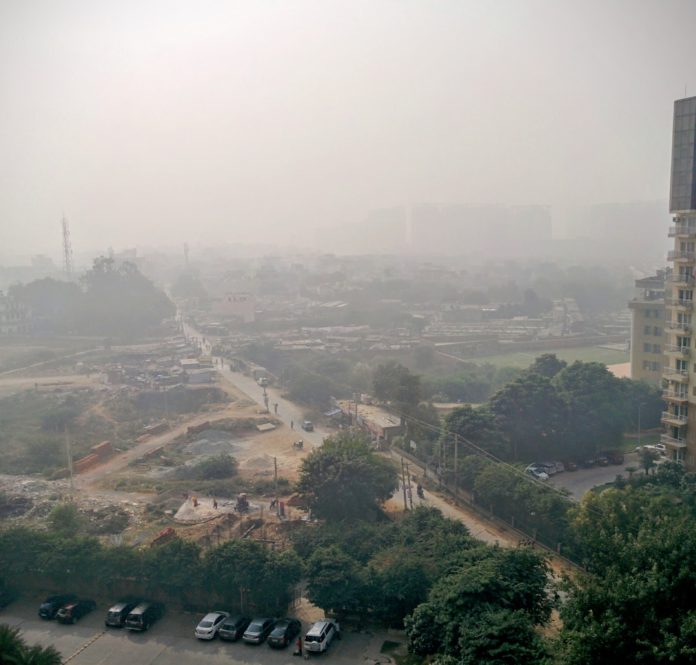New Delhi (NVI): Excessive increase in air pollution in India will cause 1.7 million deaths annually within a span of fifteen years if no additional and adequate measures are taken to curb the menace, United Nations Environment Programme (UNEP) has said.
Besides, such mortality and morbidity impacts translate into significant economic losses to the tune of approximately up to 1 per cent of India’s gross domestic product, the UN environment watchdog said.
India will register a rise from 1.1 million deaths in 2015 to 1.7 million deaths annually in 2030 and 3.6 million deaths annually by 2050, UNEP said citing a report of Health Effects Institute.
“Local public health experts estimate that by the time kids come back from school they have been exposed to air pollution level equivalent to smoking 50 to 60 cigarettes in the national capital region. Similarly, vulnerable sectors of society are disproportionally exposed to this environmental threat,” UNEP says.
More recently, the air quality levels have worsened in India leading to public outcry and dire consequences for large swaths of society. The spikes, especially in fine particulate matter (PM), have caused closure of schools, declaration of health emergency by the Delhi government, demonstrations by civil society and extensive media coverage.
These recurrent episodes now happen every year like clockwork during the beginning of winter, aggravated by the festive season. In India, extreme air pollution has become its own season, from October to February, the UN agency says.
A major cause for Delhi’s pollution nightmare is intentional burning to clear agricultural residue and forests in the neighbouring states of Haryana, Punjab, UP and Rajasthan, as well as household fires for cooking and heating. These practices worsen the already bad air quality levels caused by pollution from transport, energy and industrial sources,” the UNEP says.
“Extreme air pollution episodes affect millions of people in densely populated regions who are exposed to thick, toxic smog for weeks,” UNEP said.
Particulate matter found in the smog and air pollution has negative effects on human health and, according to the World Health Organization, is responsible for 7 million premature deaths worldwide each year. In the countries affected by such dramatic episodes, as well as by overall high levels of air pollution, this environmental threat represents the second or third most serious risk factor for public health, UNEP further added.
UNEP’s Air Quality Coordinator Soraya Smaoun said, “Besides air pollution’s detrimental impact on our health, this out of proportion environmental threat also impact our economies, our food security, our climate, and it exacerbates inequalities.”
Air pollution and climate change are intrinsically linked, since air pollutants impact the climate and are often co-emitted with greenhouse gases.










